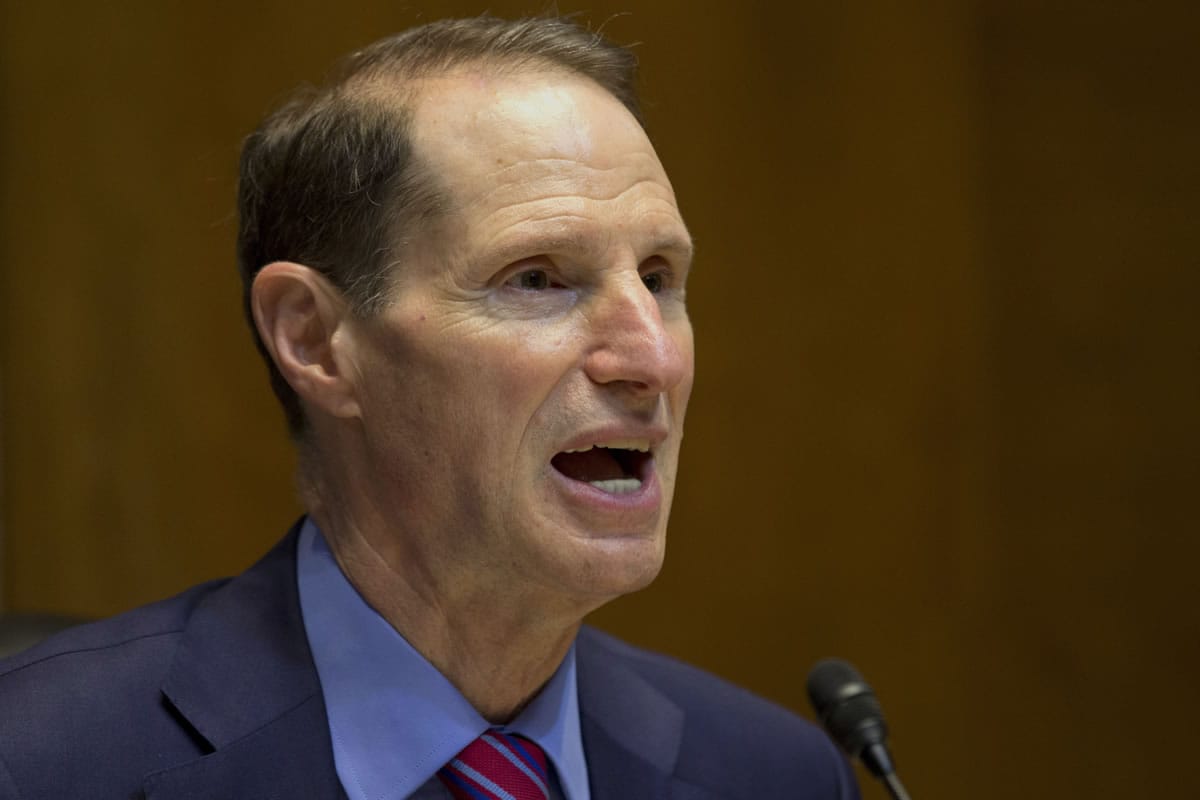WASHINGTON — Dozens of lapsed U.S. tax breaks, including benefits for corporate research and international finance operations, would be extended through 2015 in a plan released by Sen. Ron Wyden, chairman of the Senate Finance Committee.
Wyden, D-Ore., scheduled an April 3 vote on his proposal, which was released Tuesday and would cost the U.S. government $67 billion over the next decade in forgone revenue. The tax breaks, which benefit companies including Citigroup and General Electric, expired Dec. 31.
Wyden’s plan is the first test for the new Democratic panel chairman. His plan left out some breaks that may be added in amendments by the committee, including an extension of the production tax credit for wind energy, accelerated depreciation for motor sports tracks and an international look-through rule relied on by multinational corporations.
“I am determined this will be the last extenders bill on my watch,” Wyden said in a statement Tuesday. “It’s high time we focus on creating a new, 21st-century tax code, because the status quo is unacceptable.”
Wyden, 64, has said he wants to use the tax extensions as a springboard to a broader revamp of the tax code and that he doesn’t want more temporary extensions.
Breaks extended in the proposal include a deduction for teachers’ out-of-pocket expenses and a provision that lets people who sell houses in short sales exclude forgiven debt from income.
“This pared-back bill demonstrates to the American people that Congress can and will make the tough decisions needed to help clean up our broken tax code,” Sen. Orrin Hatch of Utah, the top Republican on the panel, said in a statement.
Wyden’s plan also would extend 50 percent bonus depreciation, continuing an investment incentive that started in the economic downturn last decade.
Omitted from his proposal are tax credits for energy- efficient appliances backed by Whirlpool; special expensing rules for film and television productions; and rules for contributions of property made for conservation purposes.
Many of the provisions that were left out of the bill probably will be added in before the committee’s final vote, said a Democratic Finance Committee aide.
The wind credit, opposed by some Republicans, and the international look-through rule, opposed by some Democrats, probably will be included in the final bill, said the aide, who spoke on condition of anonymity to discuss the committee’s plans before the vote.
Tax breaks for energy-efficient appliances, commercial buildings and residential improvements probably will be added to the bill with some modifications on how they operate, the aide said.
The conservation easement tax break, which is designed to preserve open space, will likely be changed to prohibit deductions related to land being used for golf courses, the aide said. That idea, supported by President Barack Obama, responds to a Tax Court decision that allowed such deductions.
Wyden won’t require amendments to be paired with spending cuts or tax increases if they extend 2013 tax policy, the aide said. Any changes that make the breaks more generous would have to be offset.
If members propose repealing the medical device excise tax, that won’t be germane and won’t get a vote, the aide said.
The plan’s fate is unclear in the Republican-led House of Representatives, where lawmakers have been focusing on permanent changes to the U.S. tax code.



